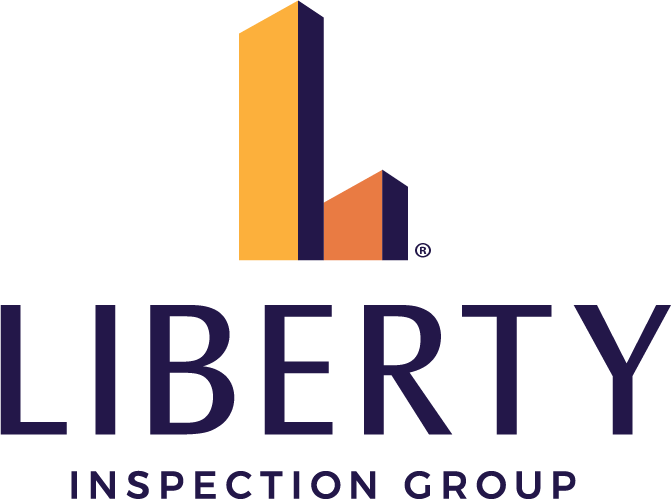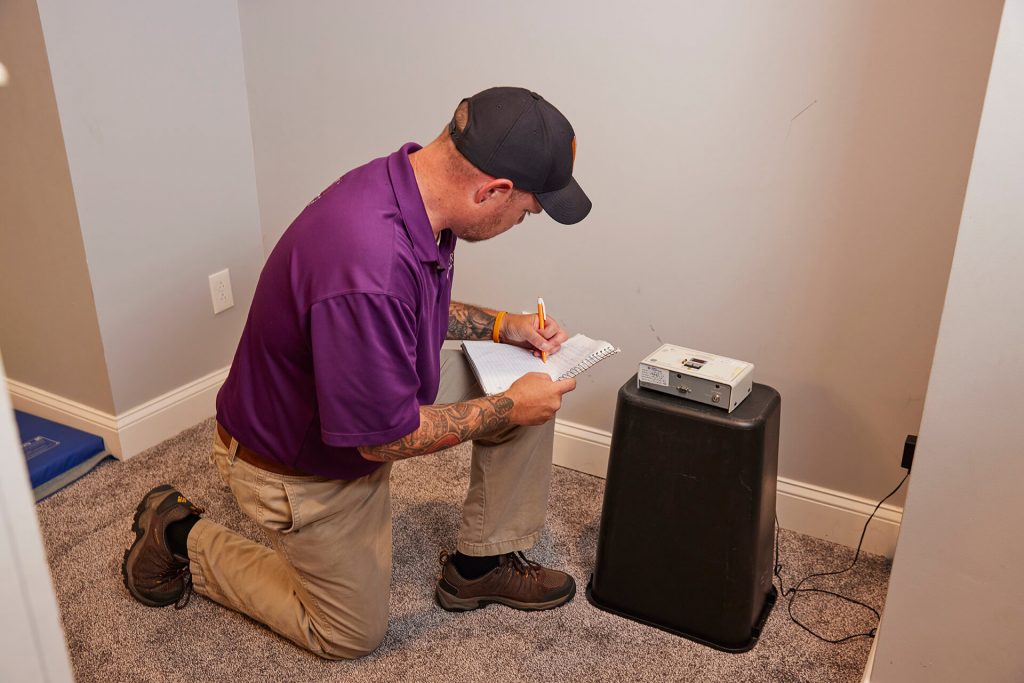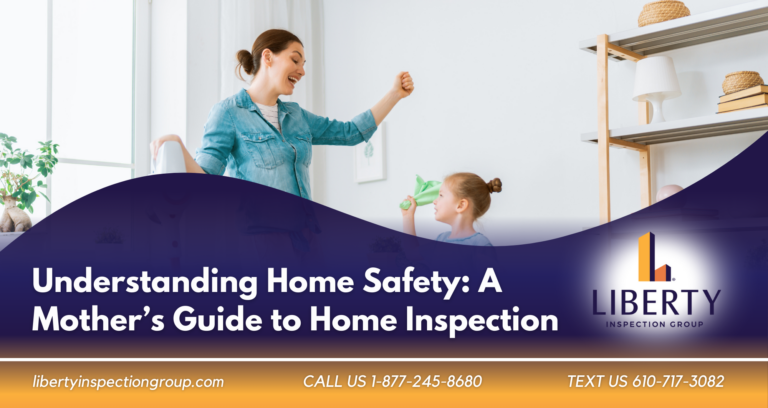Radon FAQ
So, you’re busy searching for your dream home and by now you’ve heard the term radon thrown around once or twice. Or maybe you haven’t. Either way, radon is worth finding out more about.
What does it mean? Why does it matter?
Sometimes it can be a little tricky to get a simple answer to these questions. That’s why we’ve put together this Radon FAQ to help bring you up to speed on this real estate hot button.
What is it?
Radon is a naturally occurring radioactive gas that rises up from soil. Since radon is radioactive it can be hazardous to people. Radon is a potential hazard in the home where tightly sealed walls and windows can trap gases inside and allow them to build up. When radon gas is inhaled it can be harmful to lung tissue, and create adverse side effects to overall health in individuals who have been exposed. The EPA cites that radon is the second-leading cause of lung cancer after smoking.
Should I do a radon test, and how are they performed?
The EPA recommends that if you’re buying or selling a home, to have it tested for radon. There are variety of testing methods. Our radon technician uses a CRM (continuous radon monitor) technology that is electronic and highly accurate. These monitors are calibrated once a year, every year, in order to ensure consistent performance and reliable test results.
What are the pros of performing a radon test?
Firstly, having a radon test performed will help you gain peace of mind. Knowledge is power and having the answer is a cut above simply not knowing. The radon results could also have a bearing on negotiation strategies, and thus are an important element to consider. Radon mitigation can be costly, whereas a simple, cost-efficient test can illuminate the next steps.
Who can perform a radon test?
Licensing and certification for professional radon testing varies from state-to-state. It’s important to ascertain what licensing your state requires, and ensure that your radon testing professional has the appropriate credentials.
Is radon more prevalent in certain areas?
The short answer: potentially yes, but that is subject to change. So many variables and factors influence radon levels in the home that is not reliable to predict radon hazards using a map alone.
What do you do if radon is high?
Mitigation is the next step. Look for a radon mitigation company that has the appropriate credentials for your state, considerable experience and great reviews from past customers.
Can I skip testing if there’s already a mitigation system?
Life is full of surprises, and you don’t want radon to be one of them! The truth is, the only way to know if a mitigation system is functioning properly is to test for radon while it’s running. The same reasoning goes behind car emissions testing — the technology may be in place but could also be malfunctioning.
Should I consider retesting after a certain period of time?
Re-testing can be helpful when the surrounding area has undergone considerable soil disturbance, or if significant remodeling has been done to the home that was tested. Any time soils close by are dug up and shifted, or drywall is changed and resealed, it can potentially affect radon levels in the home.
Interested to learn more on helpful home buying topics? Check out our blogs on sewer line scoping and mold testing .
By Chris Earley









